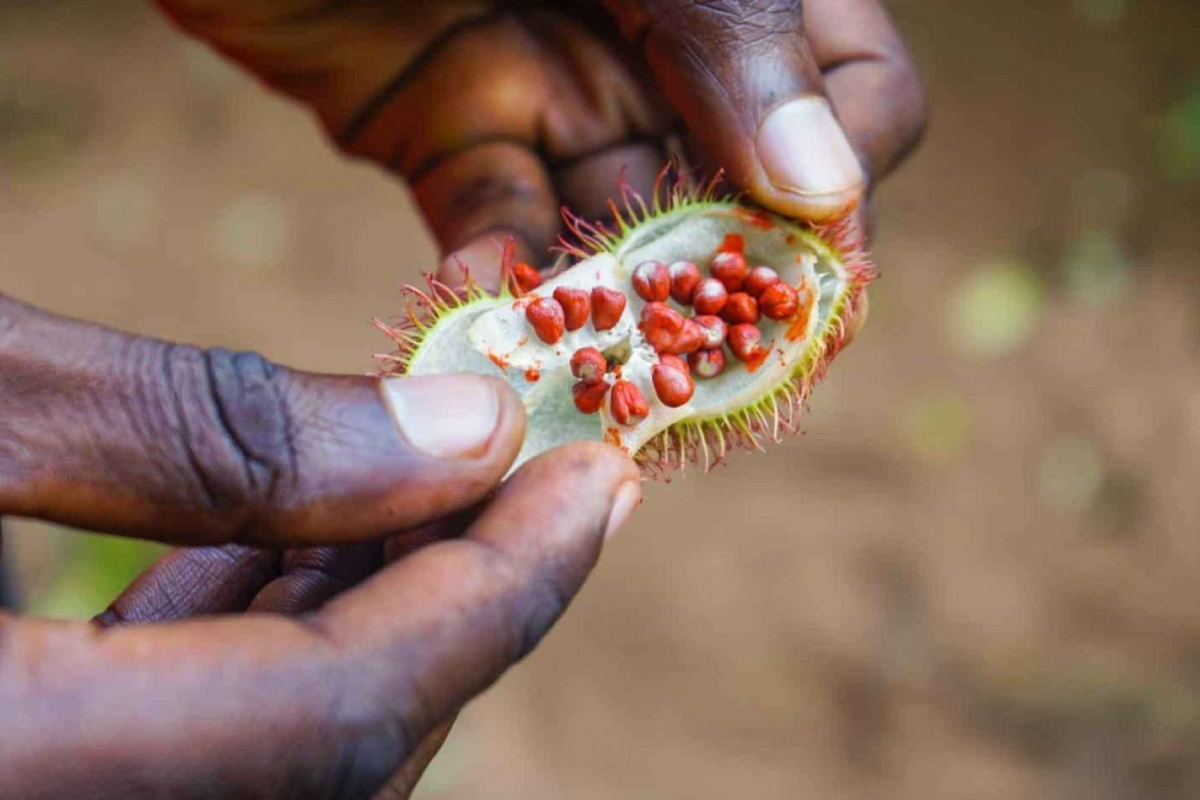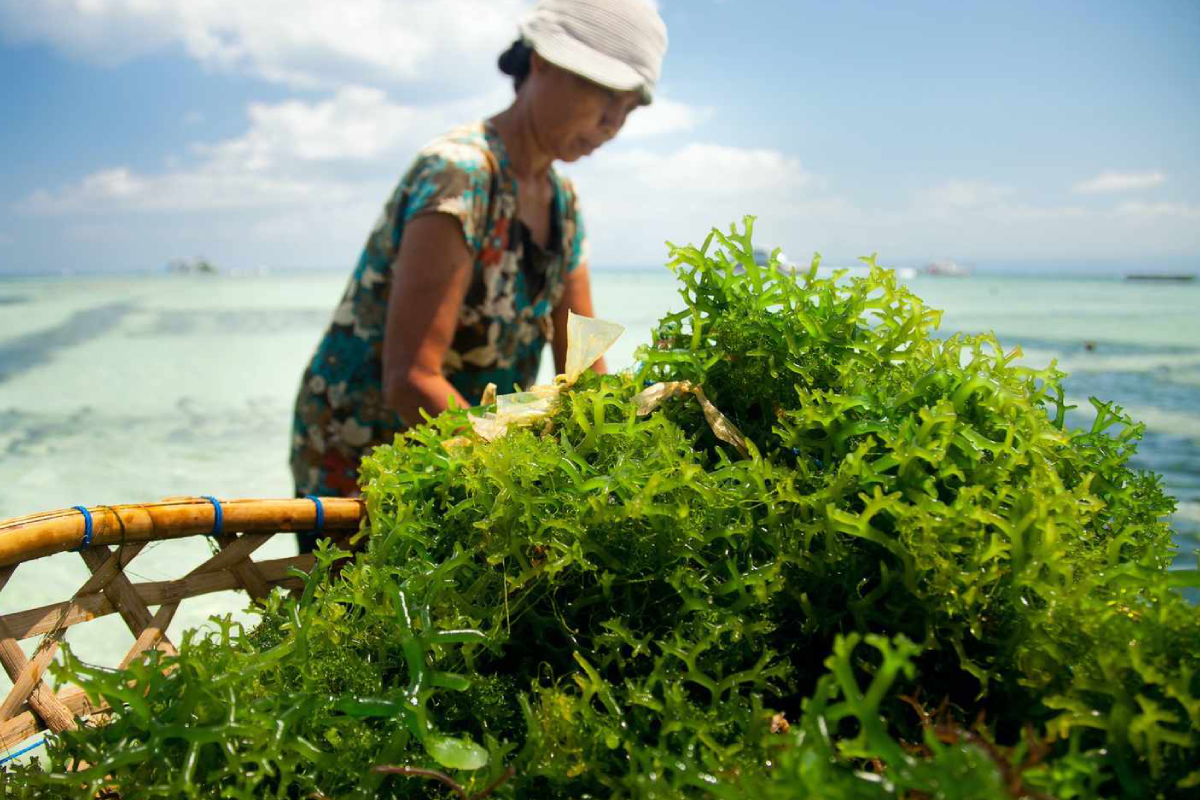Threats To Spice & Seaweed Farming
Spice and seaweed farming are critical to Zanzibar’s economy and livelihoods, especially for women and rural communities. However, both sectors face several environmental, social, and economic threats. Here's an overview of the key threats to each:
Spices like cloves, cinnamon, nutmeg, and black pepper are key cash crops in Zanzibar. However, the sector faces the following threats:
- Unpredictable Rainfall: Changes in rainfall patterns affect flowering and fruiting.
- Droughts and Flooding: Extreme weather events damage crops and reduce yields.
- Overuse of land and poor farming practices lead to soil nutrient depletion, erosion, and lower productivity.
- Increasing pest infestations and plant diseases—exacerbated by warming temperatures—threaten crop health.
- Farmers often face unstable global prices and limited bargaining power.
- Lack of value addition means they earn little from raw spice exports.
- Many clove trees are old and less productive.
- Limited knowledge or access to better agronomic practices hinders productivity.
- Expansion of farmland sometimes leads to cutting down forests, disrupting ecosystems and contributing to land degradation.
1. Climate Change
2. Soil Degradation
3. Pests and Diseases
4. Market Access & Pricing
5. Aging Trees and Poor Farm Management
6. Deforestation

Threats to Seaweed Farming in Zanzibar
- Seaweed, especially Eucheuma species, is mainly cultivated in shallow coastal waters and exported for use in cosmetics and food. Threats include:
- Warmer waters cause seaweed to "melt" or bleach, reducing productivity and quality.
- Certain species (e.g., Eucheuma spinosum) are highly sensitive to temperature stress.
- Ocean acidification and sea-level rise disrupt coastal ecosystems.
- Stronger currents and storms physically damage seaweed lines and structures.
- Urban runoff, plastic pollution, and tourism development degrade farming areas.
- Increased boat traffic disturbs farming zones.
- Farmers lack access to training on improved farming techniques or higher-yield seaweed varieties.
- Prices fluctuate due to international demand, affecting income reliability.
- Most farmers sell unprocessed seaweed, earning less than they would from processed or value-added products.
- Women, who make up the majority of seaweed farmers, often face low pay, limited recognition, and poor working conditions (e.g., long exposure to sun, waterborne diseases).
1. Rising Sea Temperatures
2. Climate Change & Ocean Conditions
3. Pollution & Coastal Development
4. Limited Technical Support
5. Market Volatility
6. Gender and Labor Issues

Potential Solutions (Summary)
- Climate adaptation: Introducing heat-resistant seaweed strains; agroforestry in spice farming.
- Training and education: For sustainable farming practices and value addition.
- Diversifying markets: Promoting local processing and export diversification.
- Empowerment: Supporting women’s cooperatives and fair trade initiatives.